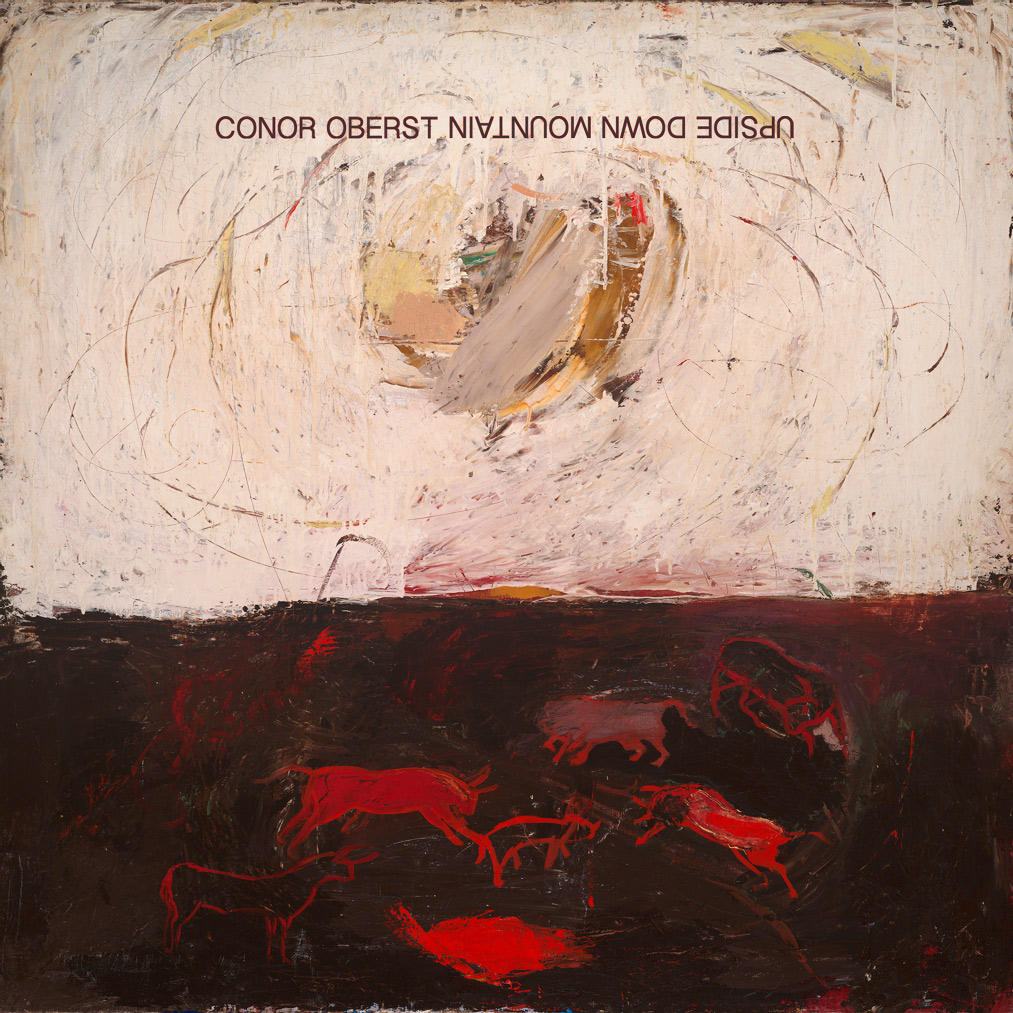
Videos by American Songwriter
Desaparecidos
Payola
(Epitaph)
Rating: 3.5 stars out of 5
At 35 years old, Conor Oberst has long since grown past the angst-ridden youngster that fronted emo band Commander Venus when he was a teenager, and created intricate (and still angst-ridden) indie folk as Bright Eyes. Yet, with the recent reunion of his short-lived punk band Desaparecidos, it seems Oberst isn’t quite ready to leave that urgency and intensity behind him just yet. Payola, the band’s first album in 13 years, mostly follows the same approach of debut album Read Music/Speak Spanish: Concise songs, loud guitars, and a greater sense of urgency.
It’s a refreshing change of pace. Only a handful of songs on the album make it past the three-minute mark, the band taking great care not to let any of these booming, boisterous indie rock and emo anthems wear out their welcome. And for the most part, they succeed. Each of the 14 tracks rocks pretty hard, built on meaty riffs, towering choruses and hooks that never let go. “Underground Man” and “City On The Hill” chug and roar like classic emo singles from The Get Up Kids or Jimmy Eat World. And while the exaggerated arena-rock thunder of “Golden Parachute” veers a little close to Andrew W.K.’s feelgood party metal, they pull it off nicely enough, tapping into that outsized personality’s infectious sense of fun.
In fact, it’s when Desaparecidos lean more toward their carefree, hedonistic side that the album is at its best. There’s a tendency for Oberst & Co. to engage in politically charged wordplay that’s perpetually caught between clever and too heavy handed for its own good, whether it’s in titling a song “MariKKKopa,” or in dropping lines like “If one must die to save the 99/ Maybe it’s justified” on “The Left is Right” (also, that title — my goodness). It could be all tongue in cheek — and some of it probably is — but in the end, this isn’t an Occupy rally, it’s a rock album. And it’s not a shabby one at that.








Leave a Reply
Only members can comment. Become a member. Already a member? Log in.